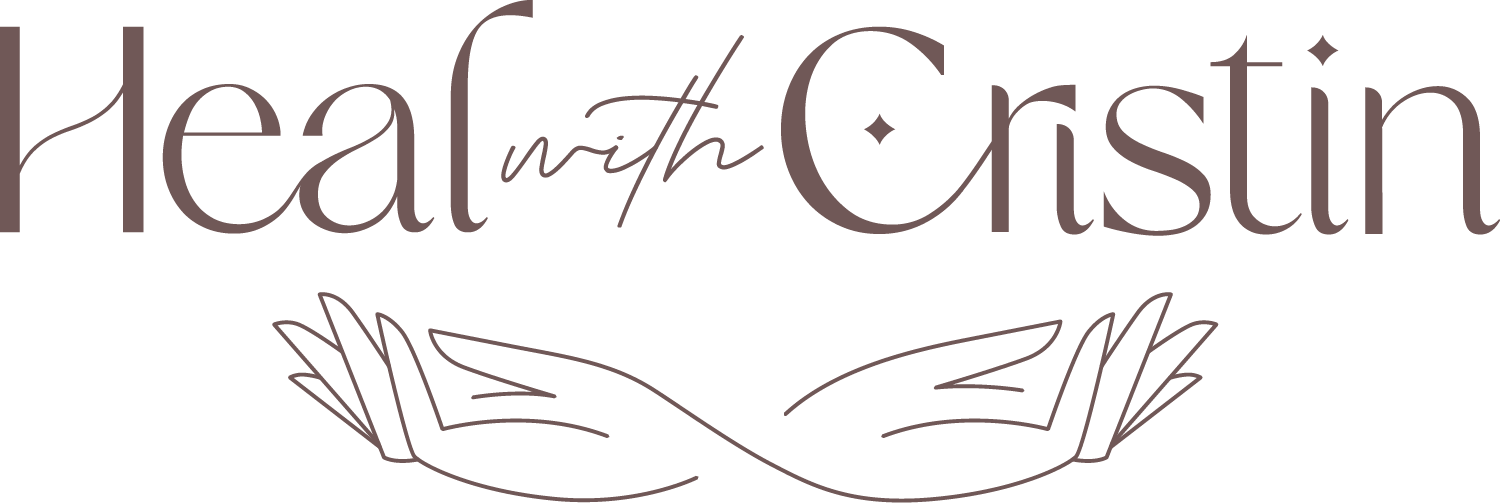Que m’est-il permis d’espérer ?
“What am I allowed to hope for?” I came across this quote while reading the latest monthly newsletter from artist and writer, Carrie Anne James from French Is Beautiful. It is a quote that is inscribed into the bathroom mirror of her favorite French cafe, Les Philosophes in Paris. I was instantly struck by this quote and how it applies to how many feel at the End Of Life.
Many when faced with the end of their life either through the progression of an illness, advancing age or recent terminal diagnosis often will surrender to what is handed to them...what the typical norm is. Since there is so little preparation for End Of Life in our culture, the possibility of being allowed to hope for a graceful transition and what that might look like often is not discussed. The medical team rarely discusses death and instead focuses on treatment or palliative care, family members too emotionally invested and starting their grief process are understandably often unable to discuss death in an open space. Hospice will intervene for End of Life medical care, but often due to time constraints are unable to really engage the person dying in exploring what all of their hopes are for their End Of Life process. End Of Life doulas will often beautifully fill in the gap to hold space for this process.
When facing death, many will look at hope as the jagged puzzle piece that just doesn't fit in the current overall picture. Hope becomes an outsider waiting in the wings for it’s time to be called on.
In researching all the different definitions of hope, I came across this one that was my favorite:
Hope(def): is commonly used to mean a wish; it’s strength is the strength of the person’s desire.
Que m’est-il permis d’espérer? What am I allowed to hope for? The answer…..anything that you feel called to. Many will feel that they are not allowed to have hope. That honesty about one’s medical condition erases hope. Hope and honesty about one’s condition can be fused together. Hope and surrender can live under the same roof. Hope doesn’t have to “fix or solve” anything. If can simply be called in for intention, manifestation and prayer for end of life wishes.
You are allowed to have hope and desire of how things will be, look and feel at the end of your life. I encourage all of those I work with to keep hope in their hearts and visualize what they hope for most in their transition. In my discussions with those facing death, each person has benefited from the intention setting that hope provides. Here are some examples that have been shared with me.
Hope for a peaceful transition
Hope that chosen loved ones will be at their side
Hope that those left behind will be ok
Hope that there is something beautiful waiting for them when they cross over
Hope that they helped to make a difference in others lives
Hope that their message will live on
Hope for a painless death
Hope to make the most out of the time they have left
Hope that others will remember them fondly
Hope for comfort and serenity
Hope for healing with estranged family/friends in their life
Hope to be surrounded by beautiful music, scents and the feeling of fresh air when they pass.
Hope to feel complete with this life
Hope for a quieting of the mind
Hope for a spiritual connection to their chosen higher power/religion
Hope that they will not suffer
Facing death does not mean the absence of hope, but the enveloping of it. Hope is a comforting ally at this phase of life more than ever.
Providing a sacred space for these discussions to be held for those that are facing End Of Life is a precious gift.
“In the night of death, hope sees a star, and listening love can hear the rustle of a wing.”
– Robert Green Ingersoll


